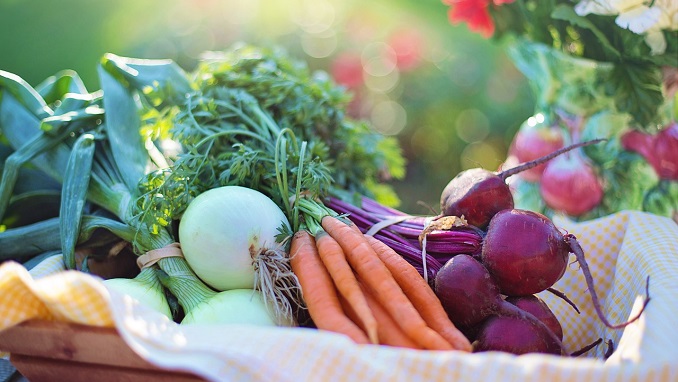A delegation from Russia’s Primorsky Region, headed by the deputy head of the regional authority Konstantin Shestakov, will visit the Uzbek capital Tashkent this week to hold bilateral negotiations and meetings, Trend news agency reports.
The meetings will be attended by investment and foreign trade officials, transport, along with Uzbekazikovka holding and private businessmen from the country.
It is planned to discuss issues of fruit and vegetable supply from Uzbekistan to Primorsky Krai, the cooperation of wholesale and trade networks, development of transport and logistics cooperation in order to expand trade and economic ties.
Recently, Uzbek representatives stated at a meeting at the Consulate General of Uzbekistan in Novosibirsk that the country is ready to increase the supply of fruits and vegetables to Novosibirsk region. President of the European Bank for Reconstruction and Development, Suma Chakrabarti, will also visit Uzbekistan these days.
Meanwhile, the Ministry of Agriculture, Trade, Food, and Processing Industry of the Khabarovsk Territory said that in accordance with the new version of the Food Safety Doctrine, Russian citizens should at least 90% be provided with Russian-produced vegetables.
Regions in the central part of the Russian Federation are very close to this number, the authorities said. In the Far East, located in a risky farming zone, the situation is different: on average, the macro-region is provided with vegetables by 40%, and potatoes by 84%. In the Khabarovsk Territory, according to the results of 2018, the supply of vegetables is 30%, and potatoes – 75%.
According to the ministry, about 10% of potatoes, cabbage, and beets, 40% of carrots and onions, 80% of fresh cucumbers, 90% of fresh tomatoes are imported from China to the region annually.
Meanwhile, local products are in demand among residents of the region. During the meeting, it was noted that the farmers of the region are ready to increase volumes and gradually replace the supply of imported vegetables.












